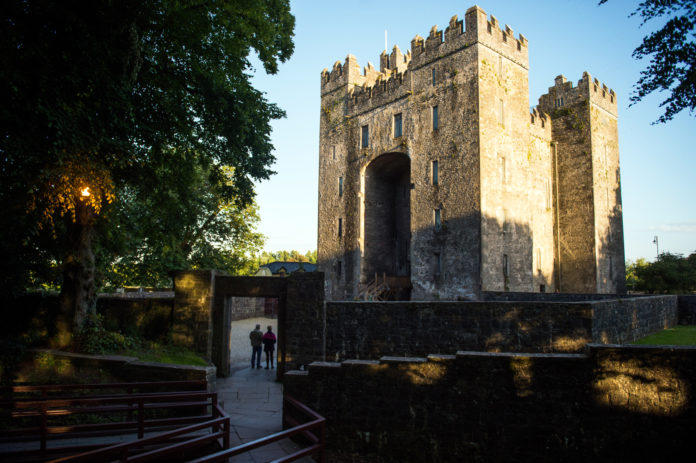
LIMERICK Chamber has described the closure of Bunratty Castle and King John’s Castle from August 31 as a further blow to a Mid-West tourism sector already reeling from the collapse of international tourist arrivals.
The chamber has urged Shannon Heritage to explore all available options to reverse this decision and to redouble efforts to win tourism for the region in the shoulder periods of this year.
“We need to declare Limerick is open for business right now and not the contrary,” said Limerick Chamber Chief Executive Officer, Dee Ryan.
“King John’s Castle and Bunratty Castle are iconic visitor attractions not just for foreign travellers but also for domestic holidaymakers. As local tourism and associated businesses are working hard to return to a level of normality, the announcement that both attractions will be closing is an untimely and damaging blow to the sector and inadvertently sends the wrong message when we are trying hard to develop and support the tourism offering in the region,” Ms Ryan commented.
Meanwhile, SIPTU members last week held a general meeting in the courtyard of King John’s Castle to discuss the threat of closure for the historic site and others operated by the Shannon Group.
“Shannon Heritage operates cultural and historical sites from Galway to Limerick many of which, management has said, will not open for this season. It also plans to close Bunratty Folk Park and King John’s Castle on the 31st August. These plans are set to cause economic devastation to its employees and local businesses,” said SIPTU organiser Rachel Keane.
“SIPTU representatives have written to Tourism Minister Catherine Martin, to intervene in this dispute. To date, we have not received a response,” she said.
SIPTU activist Chris Rowley said their members are extremely worried about their future employment and how the approach of the Shannon Group will affect their livelihoods.
“SIPTU members are at the forefront of the hospitality sector in Ireland and we are committed to the historic sites where many of us work.”
According to SIPTU activist and seasonal worker Caroline O’Sullivan, this decision means that in 2020 and beyond she, and her colleagues, will be unable to earn money to pay their bills.
“Many of the seasonal jobs at these historic sites provide workers with employment for up to ten months of the year,” she concluded.


